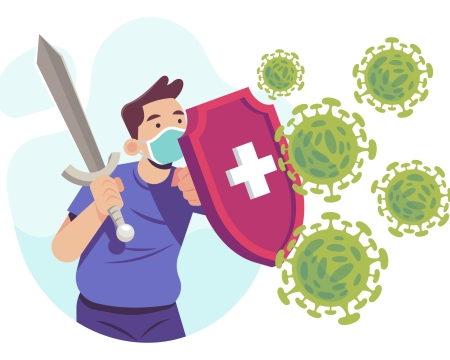Several deaths reported with this year’s strain
By ELLEN MORTENSEN
Gothenburg Times Managing Editor
The following article has been re-published with permission from The Gothenburg Times. The article was originally published in the Gothenburg Times on January 31, 2018.
We are in the throes of flu season, and state health officials say that in Nebraska, along with the rest of the nation, this year’s strain is particularly severe. There have been several reports from across the country of flu-related hospitalizations and deaths, and just last week a child flu-related death in central Nebraska was reported to the Nebraska Department of Health and Human Services. “We started seeing increased flu activity earlier than usual this year and flu continues to circulate at very high levels,” says Dr. Tom Safranek, State Epidemiologist for DHHS. “During a severe flu season, we see more illness, hospitalizations and sadly more deaths.”
Nationally, 30 children have died from flu this season according to the Centers for Disease Control and Prevention. While most children recover from the flu, some can have severe and sometimes fatal infections, but that has been rare in Nebraska. So far, there have been a total of 22 flu-related deaths statewide—21 adults and one child. Antiviral drugs like Tamiflu, prescribed by a health care provider, should be used as early as possible in people who have flu-like illness. For those who aren’t sick, preventive measures along with flu vaccine can help prevent flu and other winter illnesses.
Dr. Garrett Shaw of Gothenburg Health said that “flu” is a misnomer, and frequently refers to the stomach flu: nausea, vomiting, and diarrhea. Influenza is a respiratory virus that causes fever, aches, and cough. “Influenza is what we vaccinate against every fall,” Dr. Shaw explained. “The influenza vaccine is a dead virus vaccine, that CANNOT cause influenza. You may get stomach flu after you get the shot, but that is unrelated.” He further explained that the recipe for the flu vaccine is determined seven months prior to each influenza season, based on what is active in China. “While the vaccine has not been as effective as hoped this year, getting the vaccine can help by making the illness less severe if you do catch it, and hopefully, prevent transmission,” said Shaw. “
Dr. Anna Dalrymple of Gothenburg Health agreed. “The flu shot, while not as effective as we would like it to be, is still the best defense against influenza that we have. It is not too late to get your flu shot. Flu shots are recommended starting at six months of age. Children under the age of two are particularly susceptible to influenza complications. If you are ill (fevers greater than 100.4, cough, body aches, stomach upset), we strongly recommend you stay home if at all possible, wash hands frequently, and wear a mask in public if you must go out,” Dr. Dalrymple said.
Dr. Shaw also emphasized the importance of taking precautions to help prevent the spread of the flu and other diseases. “Influenza is spread by respiratory droplets (coughing/sneezing). If you cough into your hand, anything you touch (and what someone else subsequently touches), can transmit the illness. Please cough into your elbow. Wash hands frequently, or use hand sanitizer. Wipe down surfaces that are touched frequently with an antiviricidal cleaner.” Dr. Shaw also offers the following advice when it comes to the workplace. “If you are ill, please stay home. Presenteeism can be as bad as absenteeism in the workplace. Employers should have more understanding when it comes to sick employees, and their families.”
According to the Center for Disease Control (CDC), while flu can make anyone sick, certain people are at greater risk for serious complications, and it’s extremely important they receive the vaccine. Those at high risk include:
- Young children
- Adults 65 years of age or older
- Pregnant women
- People with chronic lung disease (like asthma and COPD), diabetes (type 1 and 2), heart disease, neurologic conditions and certain other long-term health conditions
- Residents of nursing homes and other long-term care facilities
Dr. Shaw and Dr. Dalrymple agree that it is unfortunate that it takes such serious conditions as we have witnessed this year to get the public’s attention regarding the importance of the flu vaccine and proper preventive techniques. “The loss of a child is always a tragedy,” said Dr. Shaw. “Taking all reasonable precautions is all our responsibility. “







